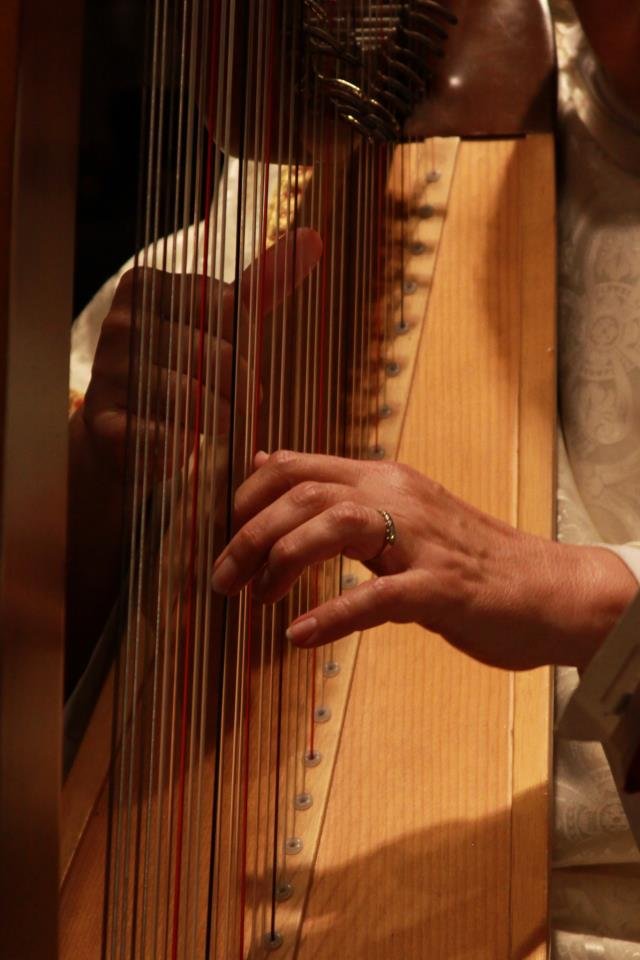Listening
“Be a lamp, a lifeboat, or a ladder. Help someone’s soul heal. Walk out of your house like a shepherd.”— Rumi (1207-1273), Daily Quotes, inwardoutward.org.
photography by paula volpe
If I were redesigning a program about spiritual direction, 90% of the time would be devoted to listening. My experience is that listening is one of the best tools of the Holy Spirit within us. I am talking about active listening, where we clear our heads of agendas and what is going on in our lives as much as possible.
We offer the gift of time for forty-five minutes or an hour to listen to someone else’s life. For this short time, we are given the privilege of caring for the soul of another, helping a person realize God’s never-failing presence in their own presence.
I sit, and all these great ideas come to me as I listen. “I think they would like this book. Changing to this spiritual exercise might be helpful.”
I am learning that if I interrupt with my ideas, they often fall on deaf ears, but if I wait until there is silence and speak, the person seems to see and hear better what I might suggest. As I wait, I sometimes realize, “No, this was not the right book or spiritual exercise.”
I have learned a great deal about listening from my harp. Perhaps you have occasionally noticed a loud buzzing sound when some harpists play. Buzz. One of the reasons for the buzz is that we have plucked a string that is still vibrating from a recent finger placement on that exact string. We must wait for the string to stop vibrating before we play it again, or this annoying sound interrupts us.
My buzzing harp reminds me that I must wait for the person I am visiting to stop talking.
I am learning to play fewer buzzing notes as I talk less and listen more. As a result, my buzzing harp string has become my icon for listening.
Listening can become a “lamp, lifeboat, and ladder” to the Holy Spirit’s presence in our own lives as well as the lives of our spiritual friends.



